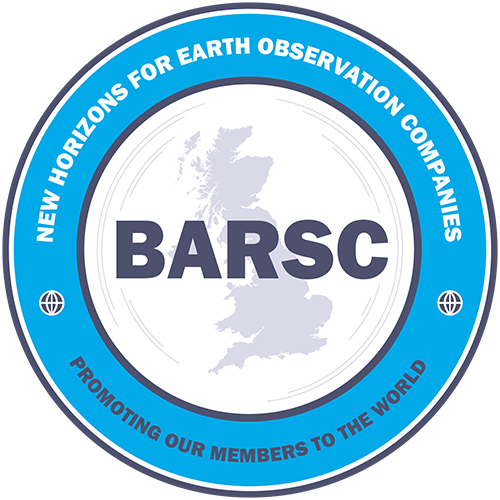Across Europe, people are collaborating in sharing Geospatial information. As a result, several significant standards have emerged from leading maritime organisations to help stakeholders meet the challenges and tap the opportunities of greater information sharing:
- IHO have developed S100 as the core standard for all Marine data
- This is being extended to cover Next generation ENC, Bathy products, AML’s, 3D and Temporal , Inland ENC, Nautical Publications, MIO’s, Gridded data and Sea ice
- The INSPIRE directive – with its roots in environmental data – is establishing an infrastructure for spatial information and implementing the 34 spatial data themes, as part of this significant resources are being dedicated to meet the roadmap deadlines
- E-Navigation will enhance navigational safety by leveraging electronic tools while also reducing the burden on the navigator. The challenge lies in ensuring that the necessary tools are available, e.g. electronic navigational charts. Ultimately the goal is to provide accurate, secure, cost-effective systems for ships of all sizes
Beyond the standards and directives that are carrying the industry into the technological future there is a parallel surge in geospatial information for maritime capabilities. These applications range from counter-piracy and smuggling interdiction through fisheries protection, counter-terrorism, asset protection, pollutions response, oceanographic research and disaster response. The common issue between standards and applications is the increasing reliance on geospatial data, even in an atmosphere of intense cost pressures.
The maritime sector is meeting in St. Pauls, London this June to discuss these and many more issues at the Geo Maritime meeting. With over 200 maritime, defence and GIS professionals attending, discussions will be based around their strategic, technical and operational experiences including the challenges of ensuring SOLAS and maritime security through effective intelligence and data management.
The agenda will include:
Standards and Directives:
- Identify the next focus for the S100 core standard with Barrie Greenslade, Digital Hydrographic Standards, UKHO
- Provide feedback on Annex III to the European Commissions’ INSPIRE team
Improved Decision Support, Standardisation and Interoperability in a Digital Era:
- Andre Cocuccio, Unit Head Hydrography, will discuss how the Marine Coast Guard Agency is facilitating information sharing through a gather once use many times approach to data
- The Norwegian Hydrographic Service will review the infrastructure they have built for the digital age. Evert Flier, the organisations Director will focus on lessons learned from projects such as Digital Norway and MAREANO
- Captain Robert Ward, from the International Hydrographic Office will present the developments with MSDI
- UK MoD’s will be reviewing their approach to building a bridge across all data sets with a perspective from Captain Martin Jones, Head of the Joint Geospatial Intelligence Branch.
Excitement is building already with Dr.-Ing. Mathias Jonas, Head Nautical Hydrography, German Hydrographer, BSH (the German Federal Maritime & Hydrographic Agency) saying “Considering the prominence of the speakers I am confident that the conference will be a significant step towards a common understanding how geoinformation should be treated in the maritime domain for the sake of safety and efficiency”.
Geo Maritime aim is to “bring together Defence, Government and Commercial stakeholders to discuss Hydrography, Meteorology and Oceanography”.
Find out more about what else will be covered and who is attending Geo Maritime at www.geo-maritime.com

